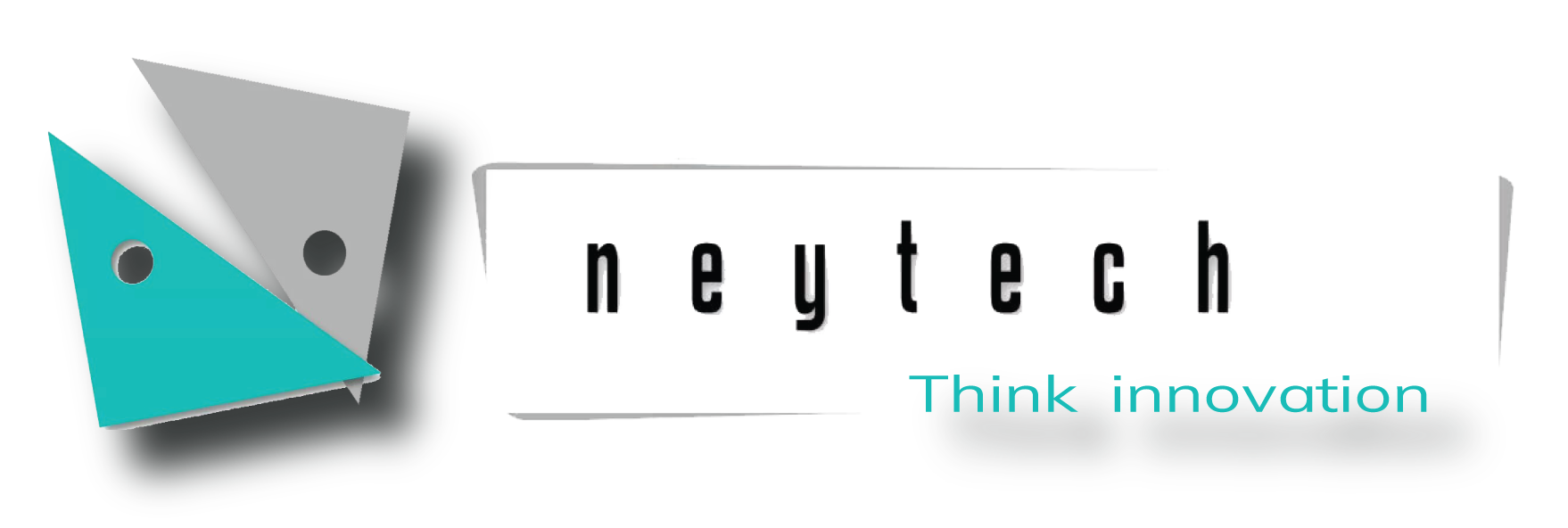
Robert Gogos a social media and content marketing consultant and eFront Learning’s community manager says the term ’eLearning’ was first utilized at a computer-based training (CBT) systems seminar in 1999.
Other words also began to spring up in search of an accurate description such as “online learning” and “virtual learning”. However, the principles behind eLearning have been well documented throughout history and there is even evidence suggesting that early forms of eLearning existed as far back as the 19th century.
According to Gogos the introduction of the computer and internet in the 20th century expanded e-learning tools and delivery methods giving rise to online learning as we know it today.
“The first MAC in the 1980’s enabled individuals to have computers in their homes, making it easier for them to learn about particular subjects and develop certain skill sets. Then, in the following decade, virtual learning environments began to truly thrive, with people gaining access to a wealth of online information and e-learning opportunities,” Gogos says.
Online platform expert, Kondwani Neymah Mushali, who is managing director for Lilongwe based Neytech Solutions Limited says in simple terms eLearning is online learning system devised to give lessons through the internet where one can learn anywhere anytime so long as they have internet connection.
“With or without Covid-19, with or without you being physically available in class you can still access your lessons, tests, quizzes or examinations through the eLearning platform.
“The institution would be able to deliver lessons to students despite not coming to the classroom. They can just upload lessons, audios and videos and work from home in the process saving time and money,” Mushali said.
He said another advantage of eLearning is the savings accrued from employing a small staff apart from reduced bills on electricity, water and rentals.
“The future of eLearning in Malawi is bright because of the low intake in institution to access high quality education like in secondary school or colleges. The cost of high quality education would be minimal when compared to conventional education delivery.
“Unlike other international platforms which mostly caters for learning and teaching and not tailored for Malawi environment our eLearning Platform incorporates every department of the institution like academic, administration and finance.
“Neytech Solutions is offering eLearning Platform to institutions at an affordable rate payable in two installments. We charge K800,000 for tertiary institutions and K550,000 for primary and high schools respectively,” Mushali said.
He further said Neytech Solutions offers a fully-fledged support system for the installed platforms all throughout the clock and at the touch of the button.
Chikondi Chimala Ministry of Education Science and Technology spokesperson said the ministry is currently developing an Information Communication Technology (ICT) policy which will facilitate eLearning in the country.
“Currently the ministry has responded to the Covid-19 pandemic with online lessons for forms one and two but what we are saying is that the interventions will continue even post Covid-19.
“People will have to access online lessons through videos and audios even after Covid-19 era. The ministry is trying to expand the eLearning Platforms,” Chimala said.
Director of ICT in the ministry of education Prosper Mopiwa recently disclosed government has embarked on a project to draft the ICT policy and would be calling relevant stakeholders to solicit input.
“The ICT policy will be a game changer in supporting a number of initiatives including eLearning. Time has come to embrace change and having the ICT policy on education is one of those great changes that will expedite eLearning,” Mopiwa said.
Author: MIKE VAN KAMANDE


